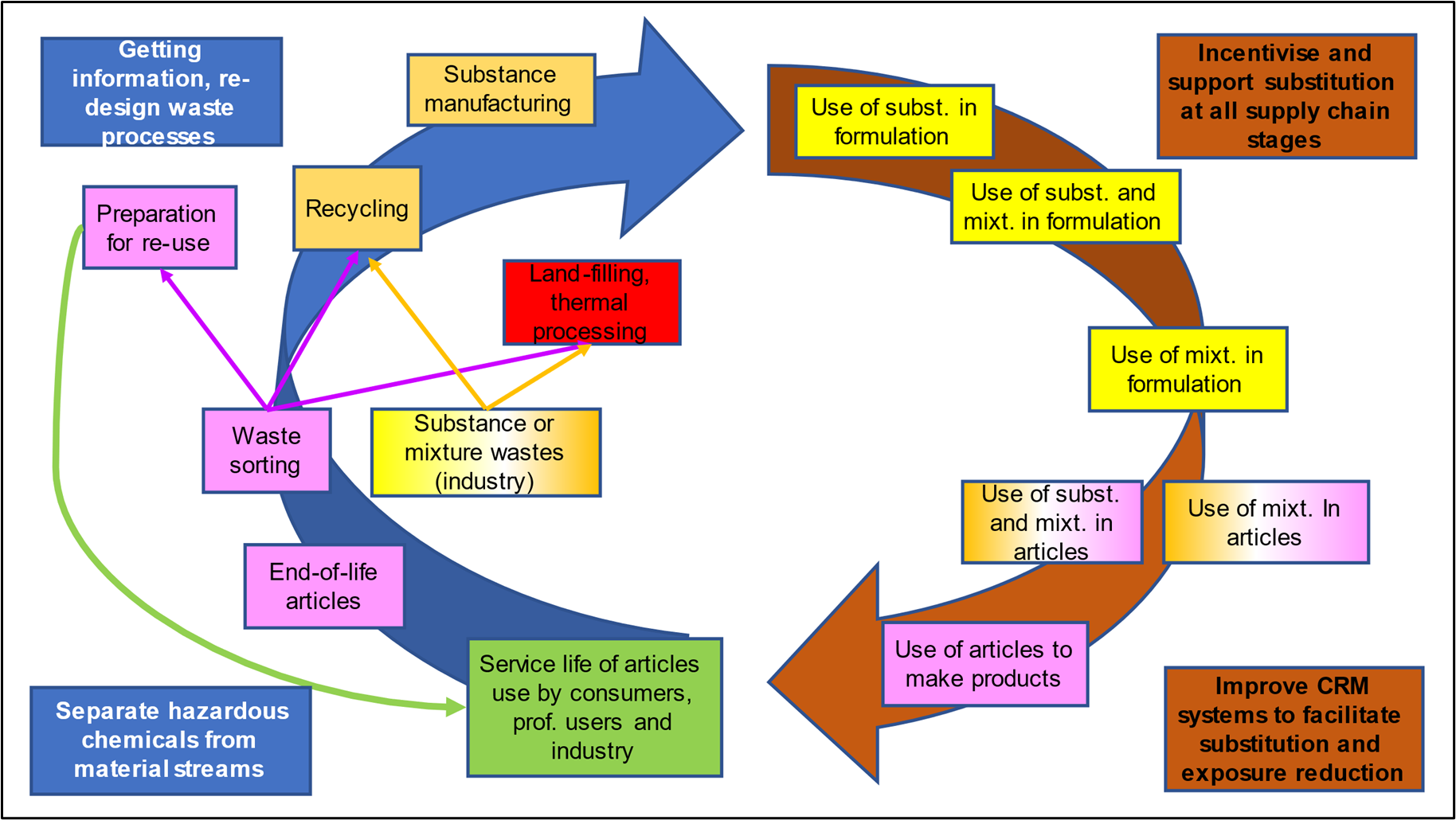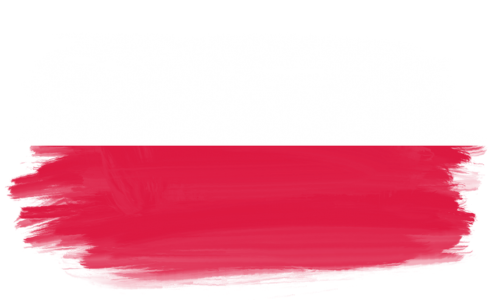
Overview
The LIFE FitforREACH-2 project, spanning from October 2023 to September 2027, aims to elevate chemicals risk management in the Baltic States and Poland. It seeks to implement systematic approaches, tools, and best practices to mitigate toxic risks, enhance product sustainability, support circular economy principles, and prevent regrettable substitution of hazardous substances.
Objectives and Scope
Focused on aiding small and medium-sized enterprises (SMEs) in Estonia, Latvia, Lithuania, and Poland, LIFE FitforREACH-2 (FFR-2) builds on its predecessor’s achievements by offering a comprehensive chemicals risk management framework. The project facilitates the adoption of these practices, integrating them into standard operational procedures to minimize the use, emissions, and exposure to hazardous chemicals.
A key goal is to instill a culture of continuous improvement in chemical management within participating companies, leading to the practical demonstration and implementation of safer substance substitutions. Post-project, the expectation is for companies to independently manage their chemical risks effectively.
Methodology and Tools
FFR-2 delivers an array of resources including detailed handbooks, digital guidance, specialized tools, and tailored training sessions. These materials are designed to empower companies with the knowledge and skills required to implement robust chemical risk management systems. The project places particular emphasis on the substitution of substances of very high concern, aiming to facilitate informed decision-making processes that avoid the pitfalls of regrettable substitutions.
Additionally, the project extends its focus to the waste sector, exploring methods to identify hazardous substances in waste streams. This initiative aims to improve waste sorting and treatment practices, yielding cleaner secondary materials and unlocking new market opportunities.
Principles and Approach
FFR-2 addresses the global crisis of chemical pollution as highlighted by the UN, linking it to biodiversity loss and climate change. It responds to the urgent need for enhanced chemical safety within the EU, driven by public health concerns and environmental impacts such as PFAS contamination. By providing SMEs with accessible and implementable chemical risk management solutions, FFR-2 aims to bridge the gap in awareness, competence, and resource availability, turning chemical safety into a competitive advantage for businesses.
The project is anchored in several foundational principles:
- Help for Self-help: FFR-2 is designed to enable companies to develop and maintain effective risk management systems through capacity building and hands-on learning.
- Supply Chain Awareness: Recognizing companies as part of an economic ecosystem, the project emphasizes the impact of changes across customers, suppliers, and other stakeholders.
- Lifecycle Thinking: Activities under FFR-2 consider the entire lifecycle of chemicals, aiming to prevent risk transfer or increased environmental burdens.
- Root Cause Analysis: Efforts are made to identify and address the underlying causes of chemical risks, with a strong focus on substituting hazardous chemicals.
- Holistic and Precautionary Approaches: The project promotes comprehensive assessments and forward-looking solutions that may exceed current legal requirements.

Figure. Intervention Logic

